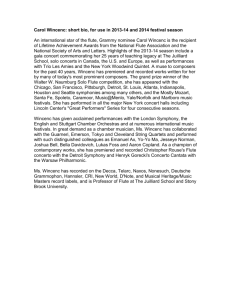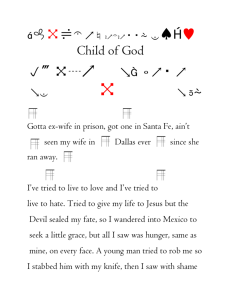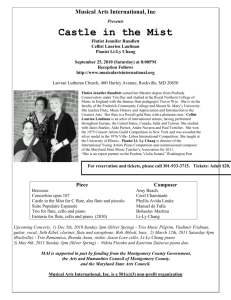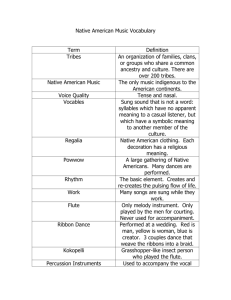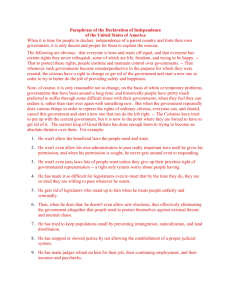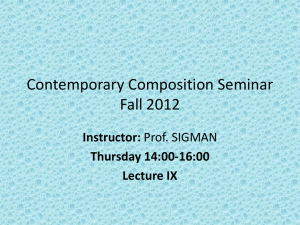Daniel and the Silver Flute
advertisement
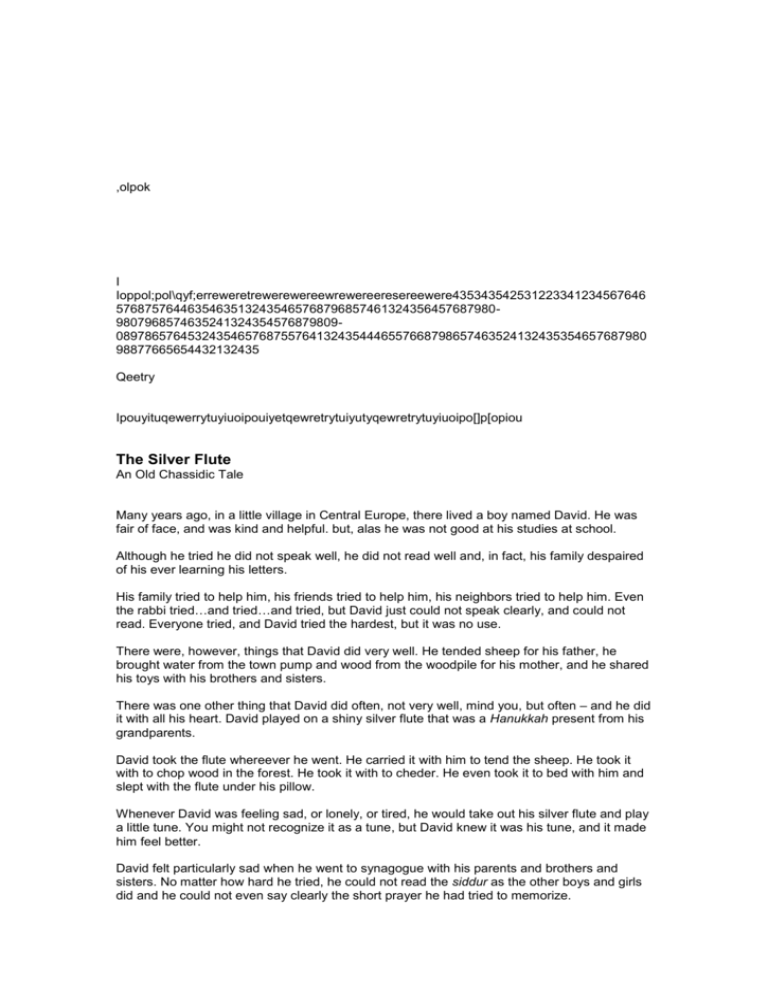
,olpok I Ioppol;pol\qyf;erreweretrewerewereewrewereeresereewere435343542531223341234567646 57687576446354635132435465768796857461324356457687980980796857463524132435457687980908978657645324354657687557641324354446557668798657463524132435354657687980 98877665654432132435 Qeetry Ipouyituqewerrytuyiuoipouiyetqewretrytuiyutyqewretrytuyiuoipo[]p[opiou The Silver Flute An Old Chassidic Tale Many years ago, in a little village in Central Europe, there lived a boy named David. He was fair of face, and was kind and helpful. but, alas he was not good at his studies at school. Although he tried he did not speak well, he did not read well and, in fact, his family despaired of his ever learning his letters. His family tried to help him, his friends tried to help him, his neighbors tried to help him. Even the rabbi tried…and tried…and tried, but David just could not speak clearly, and could not read. Everyone tried, and David tried the hardest, but it was no use. There were, however, things that David did very well. He tended sheep for his father, he brought water from the town pump and wood from the woodpile for his mother, and he shared his toys with his brothers and sisters. There was one other thing that David did often, not very well, mind you, but often – and he did it with all his heart. David played on a shiny silver flute that was a Hanukkah present from his grandparents. David took the flute whereever he went. He carried it with him to tend the sheep. He took it with to chop wood in the forest. He took it with to cheder. He even took it to bed with him and slept with the flute under his pillow. Whenever David was feeling sad, or lonely, or tired, he would take out his silver flute and play a little tune. You might not recognize it as a tune, but David knew it was his tune, and it made him feel better. David felt particularly sad when he went to synagogue with his parents and brothers and sisters. No matter how hard he tried, he could not read the siddur as the other boys and girls did and he could not even say clearly the short prayer he had tried to memorize. When David went to synagogue with his folks, he felt particularly sad.No matter how hard he tried,he could not read the prayers from the siddur as the other boys and girls did and he could not even remember the Shema prayer he had tried to memorise from school. And when the whole congregation sang parts of the service, David would try hard to join in, but he could not quite catch onto the words or the tune. Year after year David tried, but he was just not able to sing the songs and read the prayers like the others. One year, a well known Rabbi came to their village for Yom Kippur to lead the service in the synagogue. David, of course went to the synagogue with his siblings and father. After about an hour of sitting in synagogue next to his father, David started to get restless. Everyone was praying so hard, with such fervor, but though David tried he could not follow the words or sing the songs. Reaching into his pocket, he wanted to take out his silver flute, but his father gave him such a look that he quickly put it away. After a while, the Rabbi, who had noticed David’s unsuccessful efforts to be part of the service, began the “ne’ilah”, which is the concluding service. He asked G-d to forgive those who were truly sorry for their past mistakes. At this moment, David could bear it no more. He, too, wanted to be part of the service. He pulled out his silver flute and blew a great, loud very beautiful note. Everyone stopped. Everyone looked around. Where had this sound come from? And on Yom Kippur! David knew of course. His brothers and sisters guessed. His parents looked rather embarrassed. But the Rabbi had seen David blow that beautiful note on his flute, and a big smile appeared on his face. The Rabbi cut the final prayer short and then stopped. Looking at David he said, “We Jews believe that each of us prays in his or her own special way. And if a prayer comes from the heart, it does not matter to God if it comes in words, or if it comes in song, or even if it comes through the sound of a flute,” The Rabbi then turned to the congregation and said, “ Each of us is important in his own different way. The note that David played on his flute comes from his heart and G-d understands that it was a prayer, and it may be that all our prayers were accepted because David tried so hard and was so sincere in wanting to reach God. And the kind Rabbi smiled. And the congregation was glad. And David’s mother and father and brothers and sisters were very happy. David hugged his flute, looked around at all the people beaming at him, and for the first time in all the years he had been coming to the synagogue, he was truly joyous. David had found a way to connect with God.

